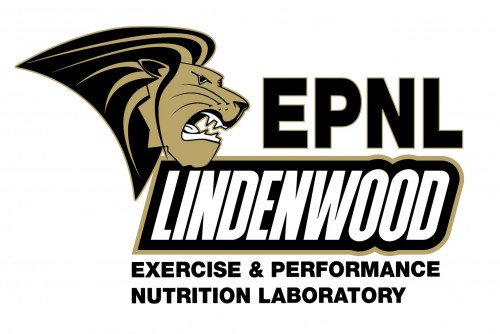
By Zane Bell
Starting in August 2019, Lindenwood University’s very own Exercise and Performance Nutrition Laboratory (EPNL) conducted a study in which researchers found that adding a certain probiotic to a milk protein powder helps improve the absorption of amino acid. The recent publication of an article detailing the study (titled “Bacillus coagulans GBI-30, 6086 improves amino acid absorption from milk protein”) serves as yet another entry to the EPNL’s list of research work it has produced and published since its opening in 2015.
Although the research conducted by the EPNL usually involves exercise in some capacity, this study included no exercise in its process. Instead, the director of the Exercise and Performance Nutrition Laboratory, Dr. Chad Kerksick, details that participants (after being screened and deemed eligible) “came into the lab, fasted, and supplemented every day for three weeks.”
To measure the effects of the supplement, “a blood sample was taken from them, along with height, weight, and body composition type measures,” said Dr. Kerksick. “They took their final dose, and then we measured blood samples periodically throughout the next four hours. For each of those blood samples, we measured amino acid levels inside the blood.”
The process continued as participants in the study “would kind of cycle off that supplement a little bit. Then they would do another three weeks of supplementation, and then they’d come in again for that last blood draw,” documented Laboratory Coordinator Richie Stecker, who led the research effort. “If they could get in as quick as they could, it would typically take about eight weeks to get one person all the way through, and with fifteen people, the data collection took a couple of months. That may sound like a long time, but for the amount of people and how long that supplementation period was, we actually got through this project fairly quickly.”
From there, the researchers in the EPNL began the lengthy process that went into writing the article as well as editing it with input from the publishing journal itself (called Nutrition and Metabolism). “It probably took us six to eight weeks to get a rough draft put together and another four to six weeks to get the final draft put together, and the review process can take anywhere from two to four months depending on how quickly the journal goes,” detailed Dr. Kerksick. “This one took about three months.”
Completing the study and composing the article took about a year in all, and the end result (which was just recently published online ) truly reflects the great opportunities that the Exercise and Performance Nutrition Laboratory provides for the hard-working students and staff who conduct their studies there. In this regard, the undergraduate and graduate students who helped to administer the study had much to gain.
As Dr. Kerksick describes, “The lab is intended as the ultimate place for a student to come in and be challenged in ways in which they’ll grow academically but also in ways which they’ll grow as a human being, whether it’s in accountability, leadership, communication, responsibility, and so forth.”
Not only that, but the article’s publication in Nutrition and Metabolism online format allows for the EPNL (as well as Lindenwood University as a whole) to have a far reach in its field. According to Dr. Kerksick, “Anytime you can publish a paper in a journal that provides global reach, and then people over in Japan read the article and about Lindenwood University, that might be the first time that they read about us. It really makes an impact.”

The Linden Gold
The Linden Gold is a student operated organization focusing on promoting the academic success and achievements of Lindenwood. Through stories about alumni, current students, and faculty alike, The Linden Gold strives to engage with the St. Charles Community and showcase the unique greatness of Lindenwood.












